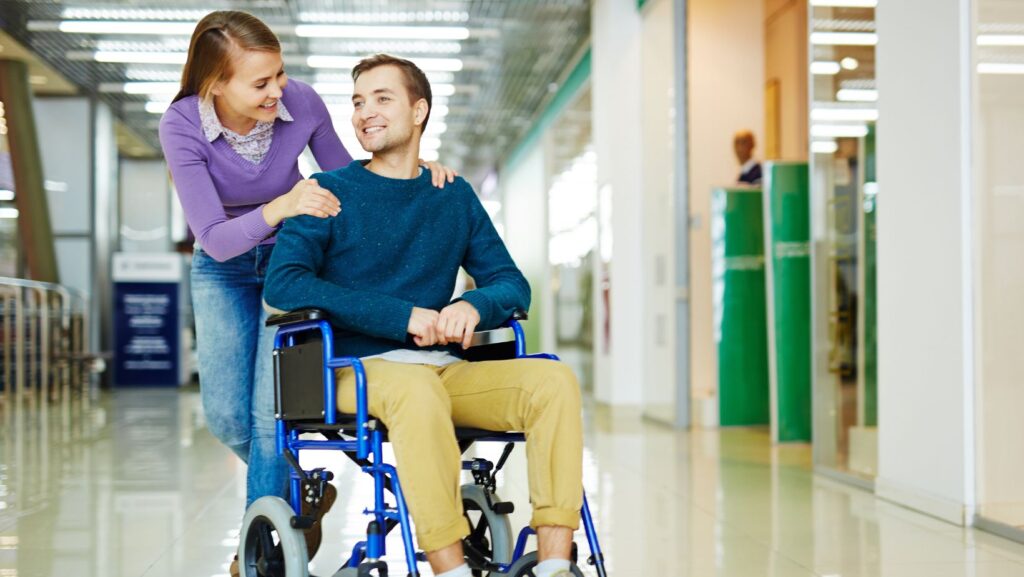Tragedy can strike without warning, whether it’s losing a loved one to wrongful death or suffering from medical malpractice. In the aftermath, people often find themselves overwhelmed by grief, confusion, and the long road to recovery. Healing from such painful experiences takes more than time; it requires emotional care, physical wellness, and often, the strength to seek justice.
True recovery is holistic. It means nurturing your mind and body through self-care while also pursuing the legal support you deserve. These two elements, self-healing and justice, work together to rebuild peace, stability, and hope after tragedy.
The Emotional Impact of Tragedy
When faced with the loss of a loved one or the trauma of medical negligence, emotional pain can feel paralyzing. The feelings that come with anger, sadness, guilt, and confusion are entirely normal but can be hard to navigate alone.
Acknowledging your emotions is the first step toward healing. Grief should never be suppressed or ignored. Allow yourself to feel, cry, and express your emotions openly. Professional counseling, grief support groups, and even creative outlets like journaling can help you process what you’re going through.
Mindful practices such as meditation, yoga, or simply spending time outdoors can also bring clarity and calm. Remember, emotional healing doesn’t mean forgetting the tragedy; it means learning to live with it while slowly regaining balance and peace.
Healing emotionally prepares you to make clearer decisions about your well-being, your family’s future, and, if necessary, your legal options.
The Role of Self-Care in Recovery
Self-care after trauma is more than a temporary escape; it’s a form of empowerment. It allows your mind and body to recover from the exhaustion of grief and shock. True self-care means paying attention to your physical health, emotional wellness, and spiritual peace.
Start small: maintain a healthy diet, prioritize rest, and create comforting daily routines. Walking outdoors, spending time with loved ones, or practicing gratitude can gently reintroduce a sense of normalcy into your life. You might also explore mindfulness techniques or join a local support group to share your experiences with others who understand.
Remember that self-care isn’t selfish, it’s necessary. You cannot support others or think clearly about your next steps if you’re emotionally depleted. Each act of care, no matter how small, brings you closer to healing and resilience.
In many ways, taking care of yourself is a statement that you deserve peace, justice, and a future beyond the pain.
Why Legal Support Matters in Healing
While emotional and physical healing help restore your personal strength, legal support restores your sense of justice and security. After a wrongful death or medical malpractice incident, it’s natural to feel uncertain about what to do next. Legal proceedings can feel daunting, but having professional guidance ensures that your rights are protected while you focus on recovery.
A compassionate lawyer can help shoulder the burden of the legal process, gathering evidence, managing paperwork, and communicating with opposing parties so that you don’t have to. More importantly, pursuing justice can bring emotional closure and financial stability to help you move forward.
If you’ve recently experienced loss or negligence, you don’t have to face it alone. If you’re looking for a lawyer for a wrongful death, check out Melanson Law. Their team understands both the emotional and legal aspects of these cases, providing support that prioritizes compassion and integrity.
Seeking legal help isn’t about prolonging your pain; it’s about ensuring that accountability is served and that your loved one’s memory is honored through justice.
Combining Legal and Emotional Recovery
The path to healing is strongest when emotional recovery and legal action work together. When you have the assurance that your lawyer is handling your case with care, you can devote more energy to rebuilding your emotional and physical health.
Therapy sessions, regular exercise, meditation, and honest conversations with family members can help ease emotional distress. Simultaneously, knowing that justice is being pursued offers a sense of control and peace of mind.

Legal victories, whether through settlements or verdicts, don’t erase the pain, but they do validate your suffering and help secure your future.
It’s important to work with professionals who understand both your emotional and legal needs. Visit Wagners law firm, the finest lawyers in halifax, for reliable, compassionate guidance. Their experience in handling complex cases with empathy ensures that clients feel supported every step of the way.
Healing and justice may seem like separate paths, but they intertwine beautifully when approached with the right balance of self-care and professional help.
Moving Forward With Hope and Support
Recovery after tragedy is never linear. Some days you may feel progress; others, you might feel pulled back into grief. That’s okay, healing is not about perfection but persistence. Surround yourself with people who uplift you: friends, family, therapists, and legal advocates who remind you that you are not alone.
As you move forward, focus on consistency over speed. Keep nurturing your body through rest and healthy meals. Keep expressing your emotions, and when needed, allow professionals to help you carry the weight. Whether it’s your therapist helping you find peace or your lawyer fighting for justice, every act of support contributes to your recovery.
Tragedy changes your life, but it doesn’t have to define it. With compassion, resilience, and the right guidance, you can rebuild stronger than before emotionally, mentally, and legally.
Final Thought
Healing after tragedy is a multifaceted journey, one that requires both self-care and legal support. While self-care helps you restore your health and emotional balance, the right legal team ensures that justice and accountability are served.
Together, they form the foundation of holistic recovery, helping you honor your pain, protect your future, and embrace hope once again.
If you’ve experienced a loss or injustice, remember: take care of yourself, seek the right help, and never be afraid to fight for your peace and your rights.
